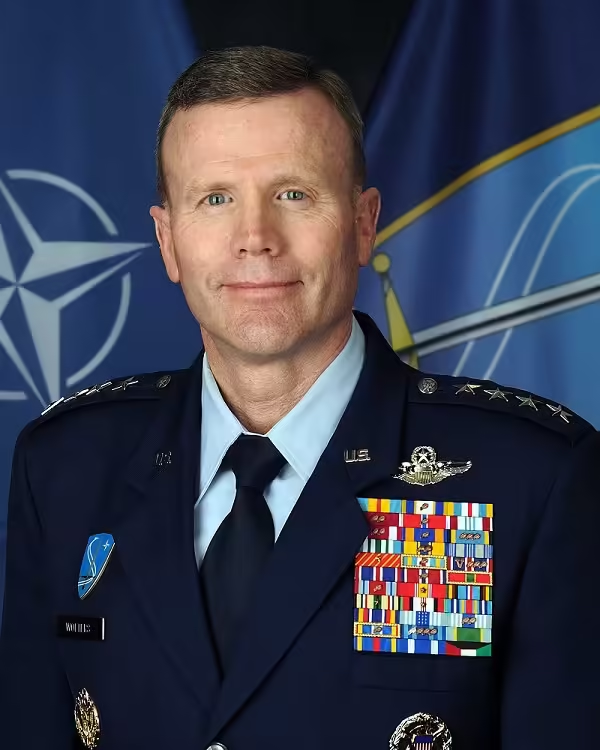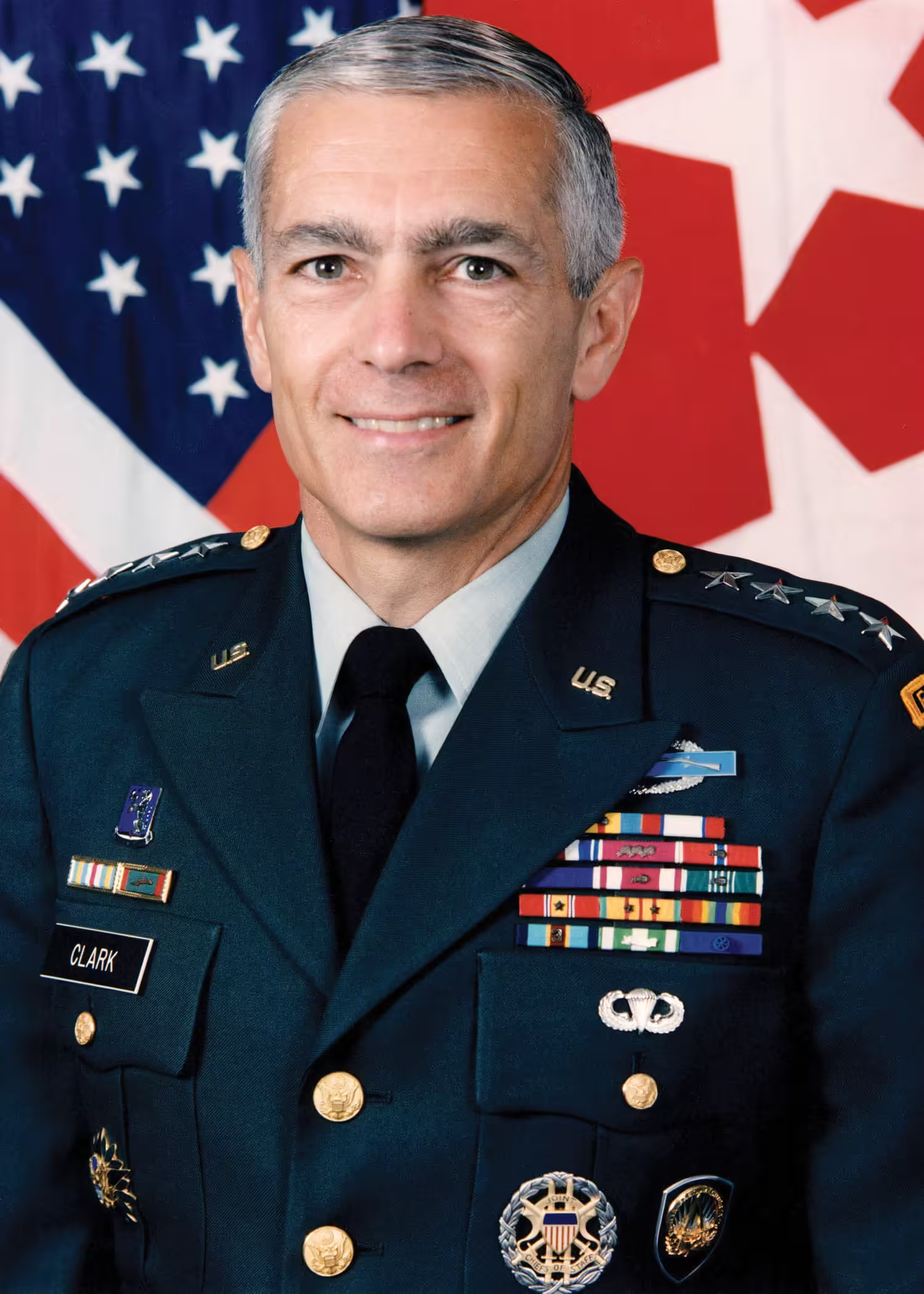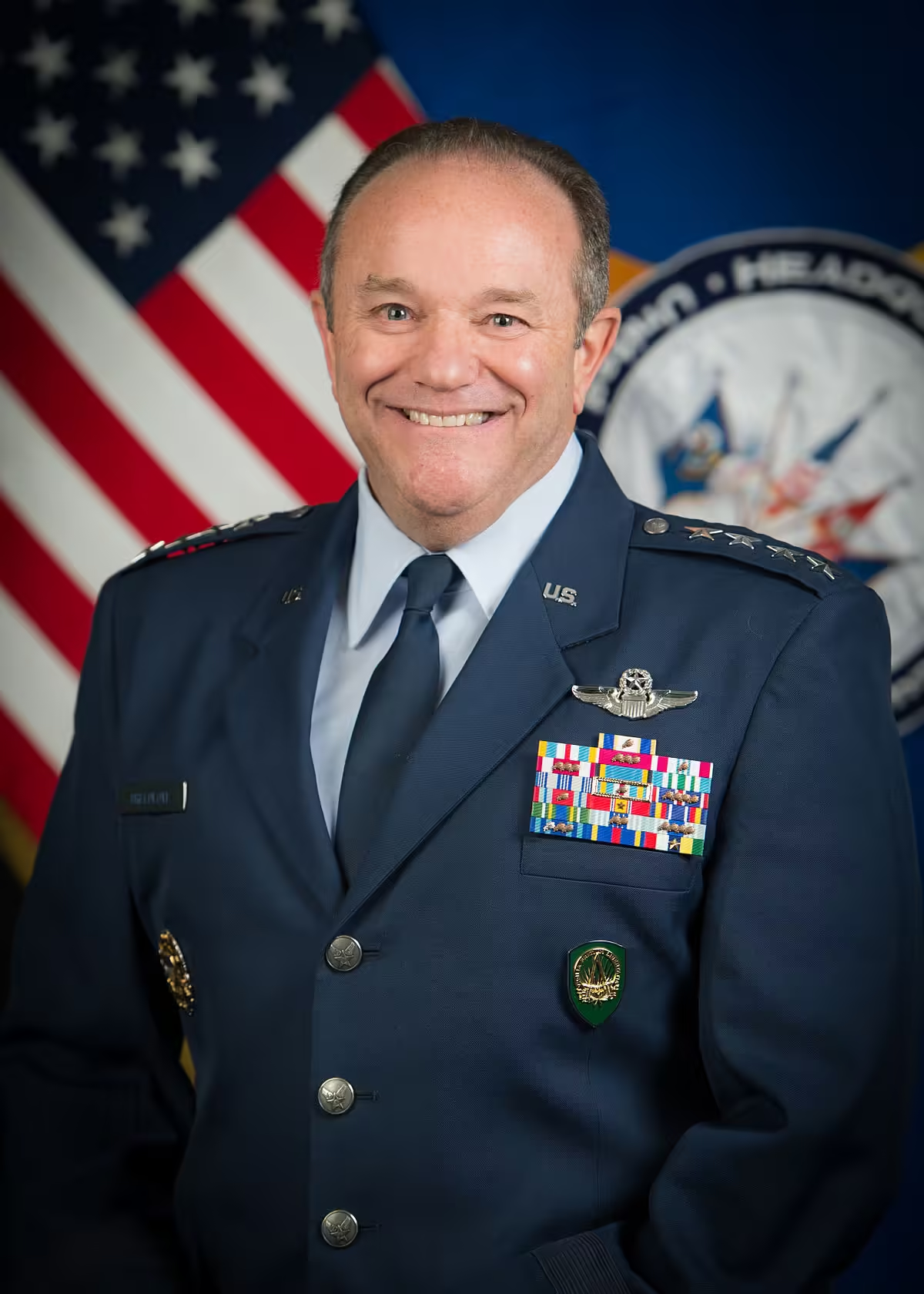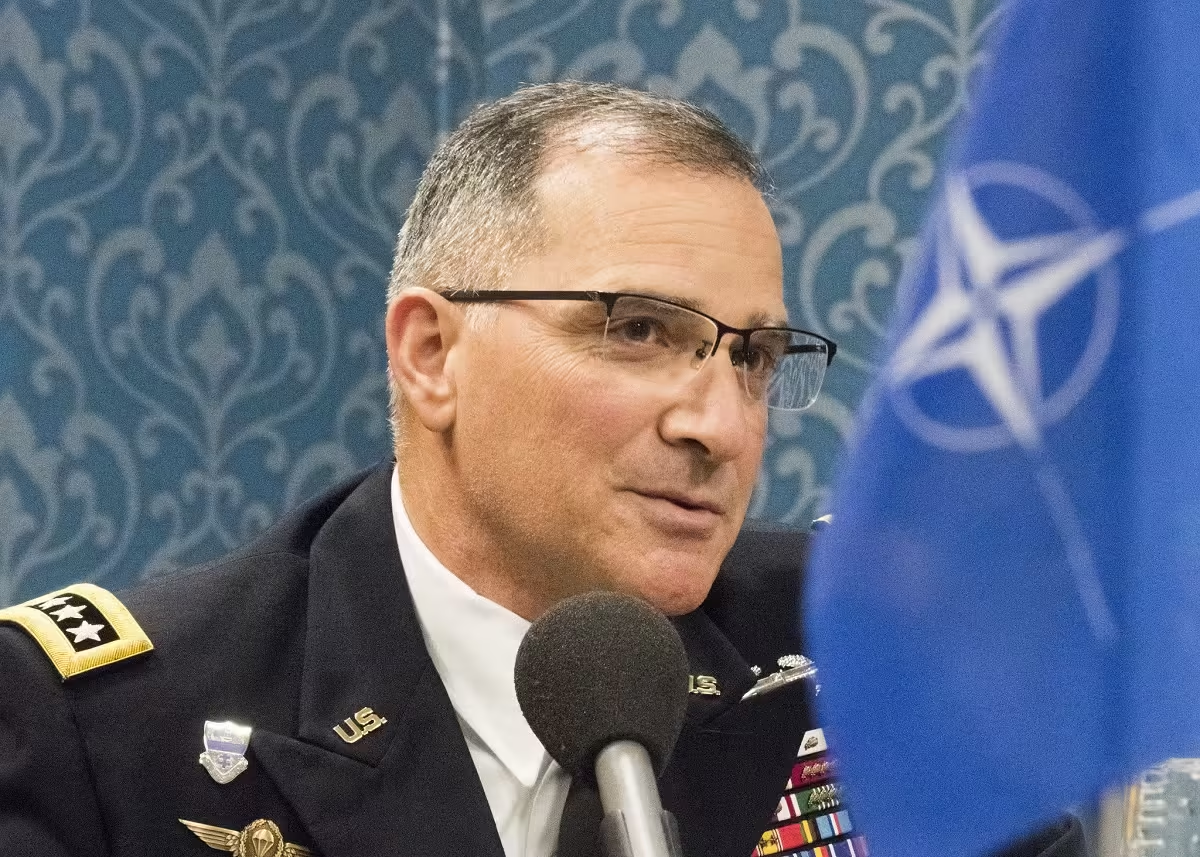In a session hosted by Hudson institute, four esteemed former supreme allied commanders Europe (SACEURs) — Generals Wesley Clark, Phil Breedlove, Curtis Scaparrotti, and Tod Wolters — convened to deliberate on the integration of emerging technologies in future warfare. The event, moderated by Peter Rough, senior fellow and director of the center on Europe and Eurasia, provided a platform for these military experts to share their insights on the evolving landscape of conflict.

- Adapting to Modern Warfare’s Pace with Emerging Technologies
The generals emphasized the necessity for NATO to assimilate the correct lessons to effectively implement emerging technologies and keep pace with modern warfare. General Wesley Clark highlighted the uniqueness of every war, cautioning against relearning past lessons. “During the Gulf War, innovation was limited… However, today’s software modifications are rapid, and we must match the pace of innovation demonstrated by the Ukrainians to maintain battlefield superiority,” he explained.

General Curtis Scaparrotti added, “Electronic warfare and autonomous systems are shaping the future of warfare. Ukraine’s use of these technologies against the Russian Black Sea Fleet is a testament to the swift innovation occurring on the battlefield.”
- Crafting a New Framework Against Hybrid Warfare
The discussion also touched upon the need for a new strategic framework to counter Russia’s hybrid warfare tactics. General Phil Breedlove shared insights from his Georgian colleague, revealing the tangible hybrid warfare in Georgia. “The kinetic focus in Ukraine overshadows the hybrid warfare that demands our attention,” he stated.

General Tod Wolters discussed the challenges of defining conflict thresholds within these domains, emphasizing the United States’ progress in policy development from space, cyber, and nuclear perspectives. “We’ve made strides, but there’s still a considerable journey ahead,” he remarked.

- Evolving NATO’s Cyber Policy
The generals concurred that NATO’s cyber policy has evolved but requires significant enhancement. General Scaparrotti noted, “Cyberattacks preceded physical attacks in Ukraine, underscoring the critical role of cyber warfare. NATO has started restructuring to bolster these capabilities, yet both NATO and the United States have substantial work ahead.”
The insights shared by these former NATO SACEURs underscore the imperative for NATO and its allies to embrace and expedite the integration of emerging technologies to ensure strategic advantage in the theaters of future warfare.
Editor: Gabriel Ani




